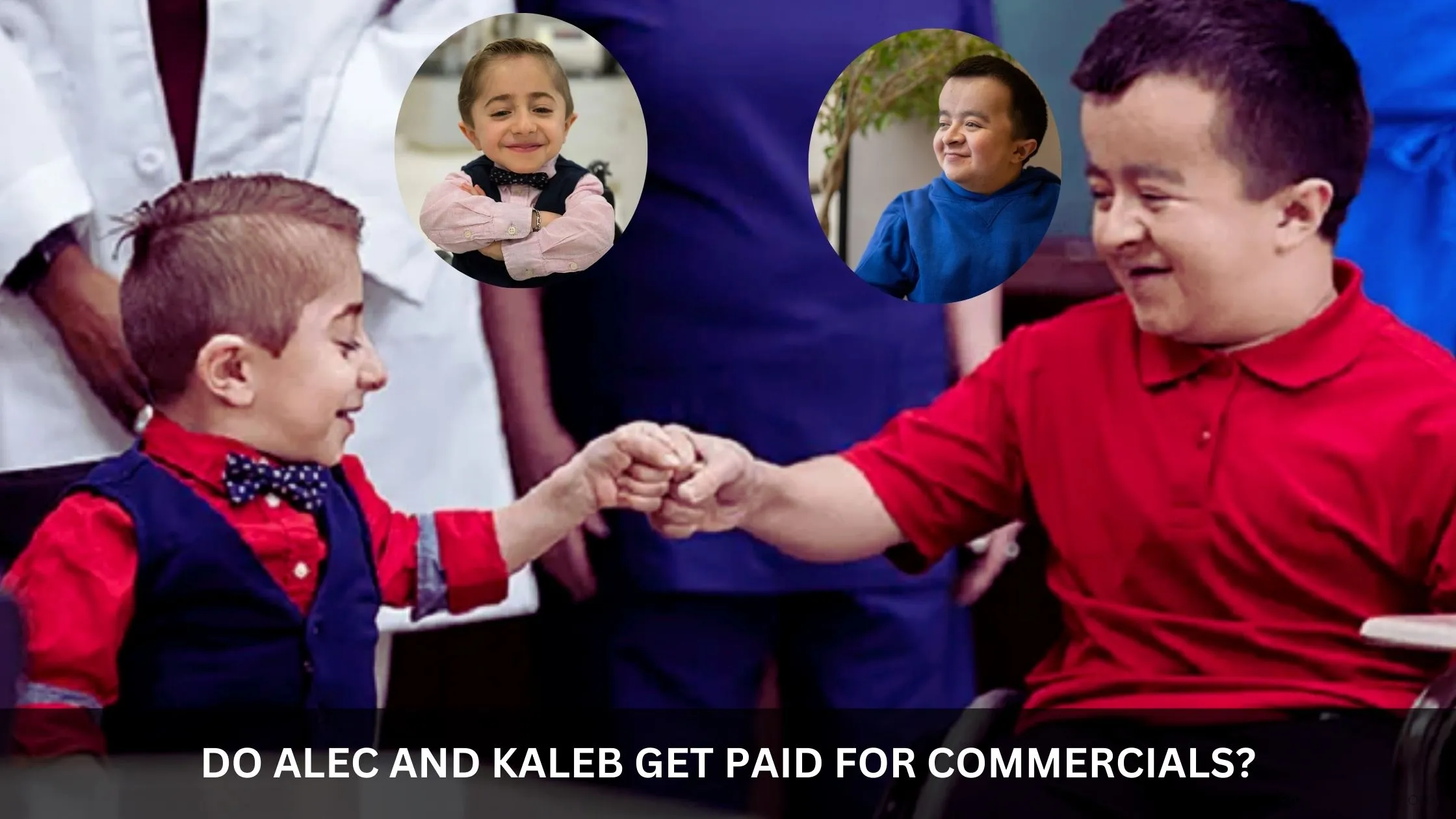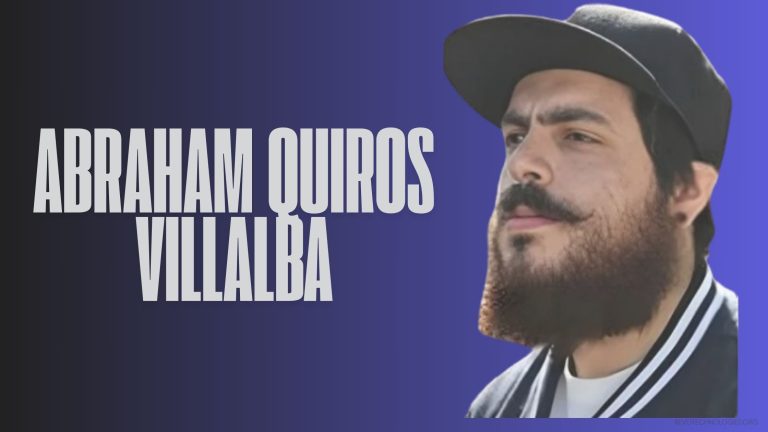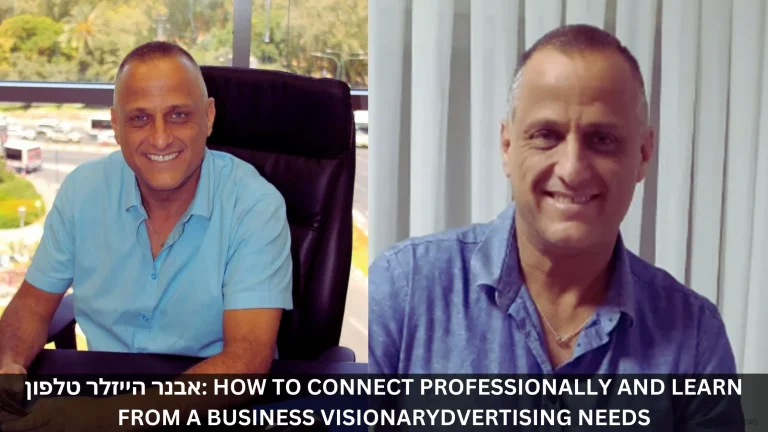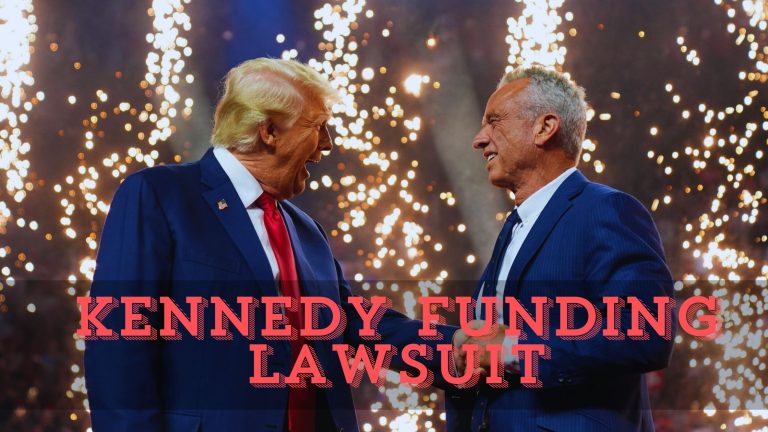Yes, Alec Cabacungan and Kaleb-Wolf De Melo Torres are compensated for their roles in commercials. As well as inspiring audiences with their remarkable stories, these young stars contribute significantly to Shriners Hospitals for Children’s fundraising and awareness campaigns.
They are paid according to industry standards, taking into account their time, effort, and the substantial impact their work has on media campaigns.
Their inspiring journey raises many questions: How did they achieve fame? How do they contribute to Shriners’ campaigns? Does their compensation align with industry norms, and what broader implications does their work have for child representation in media? Answer these questions and explore every aspect of their journey.
Who Are Alec and Kaleb?

The patient ambassadors for Shriners Hospitals for Children are Alec Cabacungan and Kaleb-Wolf De Melo Torres. Their condition is known as Osteogenesis Imperfecta, or Brittle Bone Disease. Despite facing immense physical challenges, they have become the faces of Shriners’ campaigns, touching millions of hearts around the world.
- Alec Cabacungan: Alec was born in 2002 and has broken more than 60 bones throughout his life, he pursued a degree in sports broadcasting from Northwestern University and now advocates for accessibility and inclusivity.
- Kaleb-Wolf De Melo Torres: Since he was born in 2009, Kaleb has suffered over 200 bone fractures and had 11 surgeries. Kaleb remains determined to overcome his challenges and contribute meaningfully to his campaigns.
Key Details About Alec and Kaleb
| Aspect | Alec Cabacungan | Kaleb-Wolf De Melo Torres |
| Condition | Osteogenesis Imperfecta | Osteogenesis Imperfecta |
| Age | 22 (as of 2024) | 15 (as of 2024) |
| Notable Achievements | Degree in Sports Broadcasting | Inspiring recovery efforts |
| Net Worth | Estimated $500,000–$1 million | Estimated $5 million |
| Role in Shriners | Ambassador and commercial star | Ambassador and commercial star |
| Surgeries Underwent | Multiple | 11 |
The Role of Alec and Kaleb in Shriners’ Campaigns
Symbols of resilience and hope, Alec and Kaleb are more than just spokespeople. As part of their work, they:
- Raising Awareness: In their commercials, Shriners Hospitals emphasize the life-changing care they provide. By sharing personal stories, they encourage donations and support from audiences.
- Brand Ambassadorship: In addition to Shriners, Alec and Kaleb have collaborated with brands such as Nike, McDonald’s, and Pepsi, further amplifying their impact and highlighting their charisma.
- Community Building: Individuals with similar conditions benefit from their presence, offering inspiration and advocating for inclusivity.
Do Alec and Kaleb Get Paid?
Yes, Alec and Kaleb are compensated for their contributions to commercials and campaigns. Although they work for a charitable organization, industry norms ensure they are fairly compensated for their time, effort, and public appearances.
Factors Influencing Their Compensation:
- Industry Standards: It is common for child actors to be paid in accordance with advertising norms, even in philanthropic contexts.
- High Visibility: Due to their recurring roles in widely broadcast campaigns, Alec and Kaleb’s contributions are more valuable.
- Impact on Donations: Shriners Hospitals benefit greatly from their commercials, which emphasize their crucial role in fundraising for the organization.
Kaleb’s net worth is estimated at $5 million, while Alec’s is estimated at $500,000 to $1 million. Commercials, brand collaborations, and other media appearances are likely included in these figures.
The Broader Context: Child Actors in Commercials
Children who appear in advertisements often face unique challenges and opportunities. The story of Alec and Kaleb shows how such roles are structured.
Industry Norms for Child Actors
- Compensation: A child actor typically earns a base salary and residuals. The value of residuals can be significant for recurring campaigns, such as those aired by Shriners.
- Trust Funds: It is common for legal frameworks to mandate that a child actor’s earnings be placed into a trust, ensuring their financial security as they reach adulthood.
- Fair Treatment: Work hours are limited and children are protected from exploitation, ensuring a balance between professional commitments and personal well-being.
The Emotional Connection
Viewers connect deeply with Alec and Kaleb’s commercials because they share authentic, heartfelt stories. Audience engagement and campaign effectiveness are strengthened by this connection.
Discover אבנר הייזלר טלפון
The Impact of Alec and Kaleb’s Work

They have a profound impact on communities far beyond their financial compensation.
For Shriners Hospitals
- Increased Donations: Alec and Kaleb’s campaigns have significantly boosted fundraising efforts, enabling Shriners to continue providing specialized care for children.
- Brand Identity: As a result of their association with Shriners’ mission, Alec and Kaleb have enhanced the organization’s reputation and reach.
For the Public
- Inspiration: The resilience of those with similar conditions inspires others to embrace challenges and achieve their goals.
- Awareness: As Alec and Kaleb share their stories, they foster empathy and understanding for rare conditions like Osteogenesis Imperfecta.
Criticisms and Ethical Considerations
Child representation in charitable campaigns has been criticized despite its overwhelmingly positive impact.
Key Concerns:
- Exploitation: It has been argued that featuring children with disabilities in commercials could lead to their conditions being exploited for financial gain.
- Transparency: It raises questions about fairness and accountability when compensation is not disclosed.
How Shriners Addresses These Concerns:
- Alec and Kaleb’s participation in Shriners is voluntary.
- As a result, their compensation is aligned with industry norms, ensuring that ethical practices are maintained.
Conclusion
Alec and Kaleb represent hope and resilience more than just the faces of Shriners Hospitals. Their compensation reflects industry norms, but their contributions go well beyond money. Their work has inspired countless individuals, raised awareness about important medical conditions, and driven impactful fundraising efforts.
The question, “Do Alec and Kaleb get paid for commercials?” is more than about their compensation but about recognizing their remarkable journey and the lives they continue to touch.
Source: Revo Technologies in Murray Utah
Frequently Asked Questions
Why are Alec and Kaleb famous?
In Shriners Hospitals for Children commercials, they demonstrate their resilience and promote the organization’s mission.
Do Alec and Kaleb get paid?
Yes, they are compensated for their time and contributions to the campaigns.
What impact do they have on Shriners Hospitals?
Donations and awareness about Shriners’ care have increased significantly because of their work.
What conditions do they have?
They were born with Osteogenesis Imperfecta, a rare condition that causes brittle bones.
Are Alec and Kaleb involved in activities beyond Shriners commercials?
Yes, both Alec and Kaleb have expanded their influence beyond Shriners Hospitals. Alec is an active advocate for accessibility and inclusivity in education after pursuing a career in sports broadcasting. Despite his challenges, Kaleb works to improve mobility and often participates in community initiatives to inspire others.
What does Osteogenesis Imperfecta mean for their daily lives?
Alec and Kaleb have Osteogenesis Imperfecta, also known as Brittle Bone Disease, which means they face a high risk of bone fractures. Both rely on wheelchairs for mobility and have undergone extensive surgery. They have adapted to live fulfilling lives, advocating for accessibility and independence despite these challenges.
How do Alec and Kaleb contribute to creating awareness about Osteogenesis Imperfecta?
Alec and Kaleb demonstrate the reality of living with Osteogenesis Imperfecta through their public appearances and commercials. The stories of these individuals reduce stigma, educate audiences about genetic disorders, and promote advances in medical care.
Are Alec and Kaleb’s families involved in their advocacy work?
Yes, both families play a crucial role in supporting Alec and Kaleb. They are actively involved in their healthcare decisions and public appearances. In addition to advocating for disability inclusion, Alec’s parents, Gill and Alma Cabacungan, also ensure Kaleb has the resources he needs.
Do Alec and Kaleb use their platform to support other charitable causes?
Absolutely. Even though Alec and Kaleb focus primarily on Shriners Hospitals, they also lend their voices to disability advocacy and community programs. Despite societal barriers, they have encouraged young individuals with disabilities to pursue their dreams.
What kind of accessibility improvements has Alec advocated for?
Alec has campaigned to improve wheelchair accessibility in public spaces, including schools and universities. During his time at Northwestern University, he worked to improve accessibility on campus for future students with disabilities.
Are Alec and Kaleb planning to pursue roles in media or entertainment in the future?
Yes, Alec is already paving the way for a media career with his degree in sports broadcasting and aspirations to become a professional broadcaster. Though Kaleb is younger, he has expressed interest in using his public speaking skills to inspire others and explore creative avenues like motivational speaking.
Learn About carmenton.xyz







